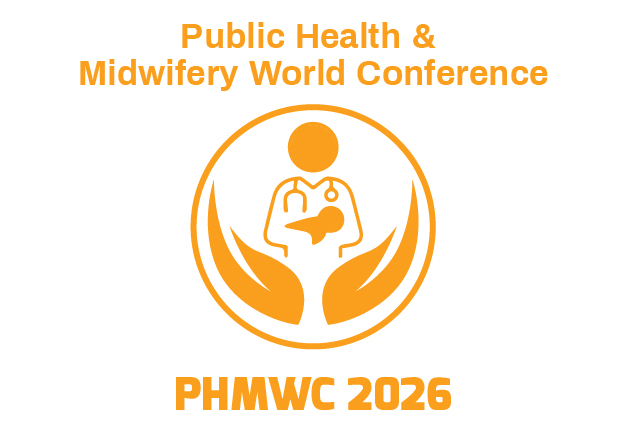Scientific Sessions
Epidemiology of Public Health
Epidemiology is the core of public health practice in studying diseases and their distribution among populations. Epidemiological methods can be used to find the trends, causes, and consequences of health issues for people and animals. These tools are used by public health professionals to ensure the implementation of disease surveillance and outbreak investigation and to determine the risk factors leading to communicable and non-communicable diseases. Based on such findings, effective preventive and control measures can then be implemented to protect public health.

